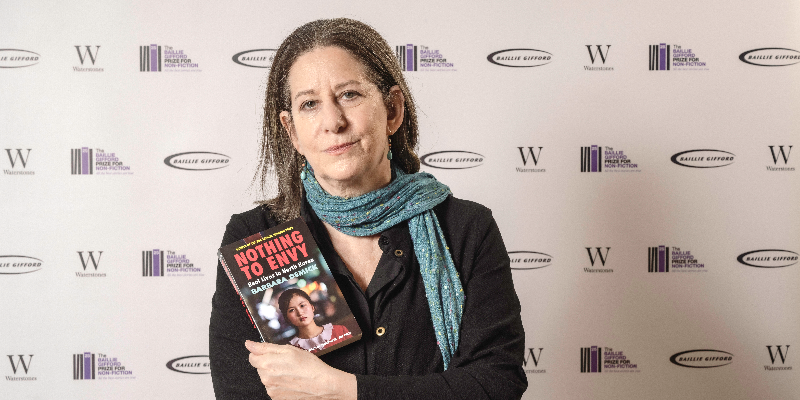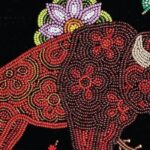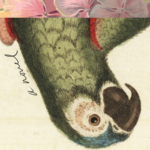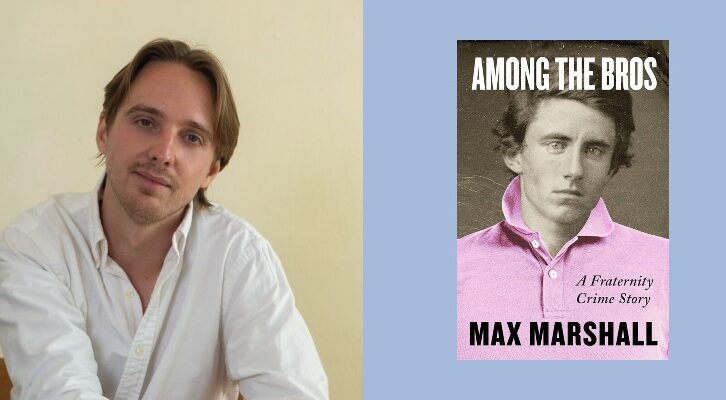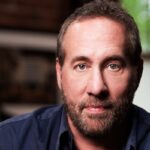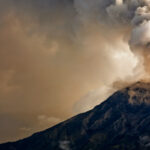Read Smart on Life Under Dictatorships
This week on the Baillie Gifford Prize Podcast, Read Smart
This episode of the Read Smart Podcast features host Razia Iqbal in conversation with three former winners of the prize: historian Michael Burley, journalist Barbara Demick, and historian Frank Dikötter. They delve into the fascinatingly complex definitions and qualities behind the term ‘dictator’, as well as the role that secrecy and terror plays in countries living under authoritarian rule.
*
Barbara Demick on the religiosity of dictatorships
Barbara Demick: It’s no coincidence that so many North Korean defectors become evangelical Christians as soon as they leave the North. North Korea had been very Christian before Kim Il sung. It was often called the Jerusalem of Asia. That was Pyongyang. But people are so bereft when they leave North Korea, they realised very quickly that their entire lives were a lie.
That’s a quote that I’ve heard actually from several people. Everything I was ever taught from school to my parents was a lie. So they need to see something else to fill this vacuum. And emotionally, they find themselves wallowing in indecision when they get out of North Korea. Simple questions of, you know, what to wear, where to live, what to read, what to watch become overwhelming.
•
Frank Dikotter on the impact of the Great Leap Forward on normal people
Frank Dikotter: What is so extraordinary about the Great Leap Forward is the insistence of local cadres that human beings be treated very much like mere numbers on paper, not like human beings.
And the choices that people are reduced to making. A lot of textbooks when it comes to famine, talk about broad abstractions and policy and this and that. But you’ve got to think about what it means for human beings on the ground. It’s frequently dismissed in the middle sentence, even in very, very big books and the history of modern China, you will get a mere sentence.
But what does it mean? For instance, as I noticed in the archives, for women who simply don’t have enough food to feed all the children they have, to then decide which one to feed and which one to let starve. And occasionally some of them are unable to contemplate that choice and strap the children to their back and jump into a river.
Or when you speak to a survivor who at the time was a young boy and was so hungry he stole some of the food that belonged to his grandmother, who dies of hunger. A week later. And this by now old man has to live with that feeling of guilt.
•
Michael Burleigh on the modern threat of autocracy
Michael Burleigh: I think that in a way, looking at all these lurid dictatorships, people like Orban in Hungary, Modi in India, Erdogan in Turkey, there is a similar sort of assault on the freedom of the media.
And these things are very insidious. The other thing they do is to, you know, gradually interfere with the judiciary. They pad the judiciary, which certainly has been has been done in Hungary. It’s been done in Turkey, and it’s being done on a monumental scale in Poland.
And, you know, sooner or later you find you don’t really have a recognised rule of law anymore. And these things are very, very, very sinister.
_________________________
The podcast is generously supported by the Blavatnik Family Foundation. Follow @BGPrize on Instagram, Facebook, Twitter, TikTok and YouTube.

